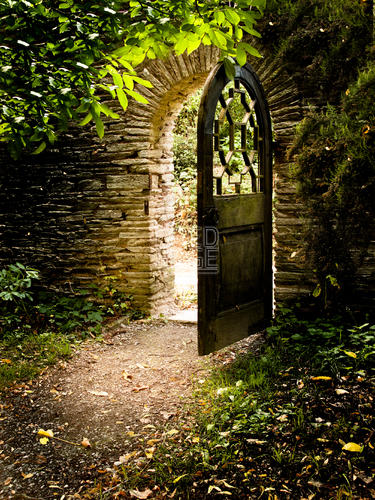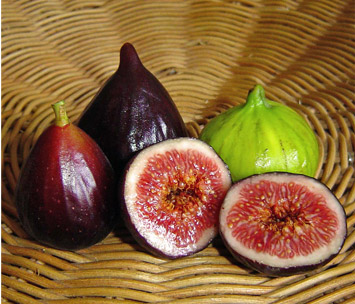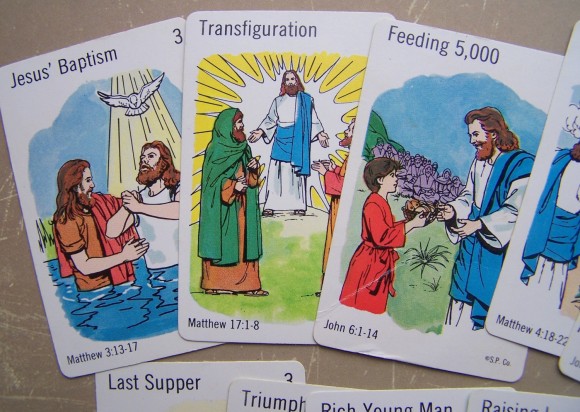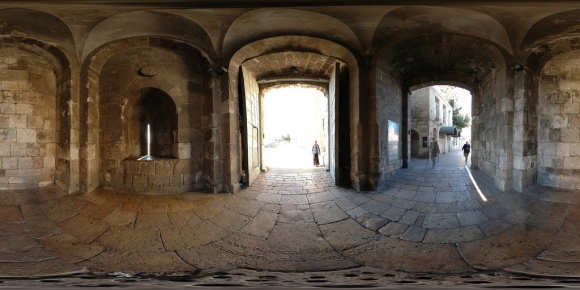What does your daily life look like? Is it simply a matter of existing to get what you want by carrying out your plans? Do you acknowledge that God is real and personal and yet live like he is far away? Do you subtly view Sunday worship as a means to an end — your part in receiving God’s blessing – a kind of religious blue chip stock? Is your faith a lived-out kind of faith or are you just going through the religious motions?
This was the reminder that Zechariah gave to the people of Judah. Having returned to their homeland following the long exile in Assyria and Babylon, the people were in the process of putting life back together. They were rebuilding the Temple and reestablishing their religious lives. But God wanted them to be more than religious, he wanted an internalized faith that was expressed in daily life. “In your holy festivals, you don’t think about me but only of pleasing yourselves,” (Zech. 7:6). As things were returning to normalcy, God warned them not to become hardened to his word and his Spirit as their forebears had become. “Your ancestors would not listen… they stubbornly turned away and put their fingers in their ears to keep from hearing. They made their hearts as hard as stone, so they could not hear the law or the messages that the LORD Almighty had sent them by his Spirit though the earlier prophets,” (Zechariah 7: 11-12).
To really live profitably, that is, in a way that would please God and honor him as their Lord, their faith would have to be a lived-out faith that affected all areas of their lives. It couldn’t just be a one day a week thing. “This is what the LORD Almighty says: Judge fairly and honestly, and show mercy and kindness to one another. Do not oppress widows, orphans, foreigners, and poor people. And do not make evil plans to harm each other, ” (Zech. 7:8-10). “Tell the truth to each other. Render verdicts in your courts that are just and that lead to peace. Do not make evil plots to harm each other. And stop this habit of swearing to things that are false,” (Zech 8:16-17). The test of their faith was simple: love for others and especially those who were helpless. And a commitment to a truth-filled, honest, just life. God wanted them to do the right thing according to what He determined was right, no matter what it cost them.
God’s desire for our lives is no less today than it was when this was written. This is still what God looks for from those who follow him. Jesus said, “Love the LORD your God with all your heart, mind, soul, and strength. And love your neighbor as yourself.” Because of his cross and the forgiveness he has given us, he calls us to forgive others and be merciful to those who don’t deserve it. Jesus asks us to know the truth so that the truth can make us free — and he himself is Truth. Our lives are to be centered around Him. Therefore his call to us is more than just Sunday-faith. It’s a lived-out faith. It’s an all of life faith. It’s an every day commitment and reliance upon him. Are you making a profitable living?










